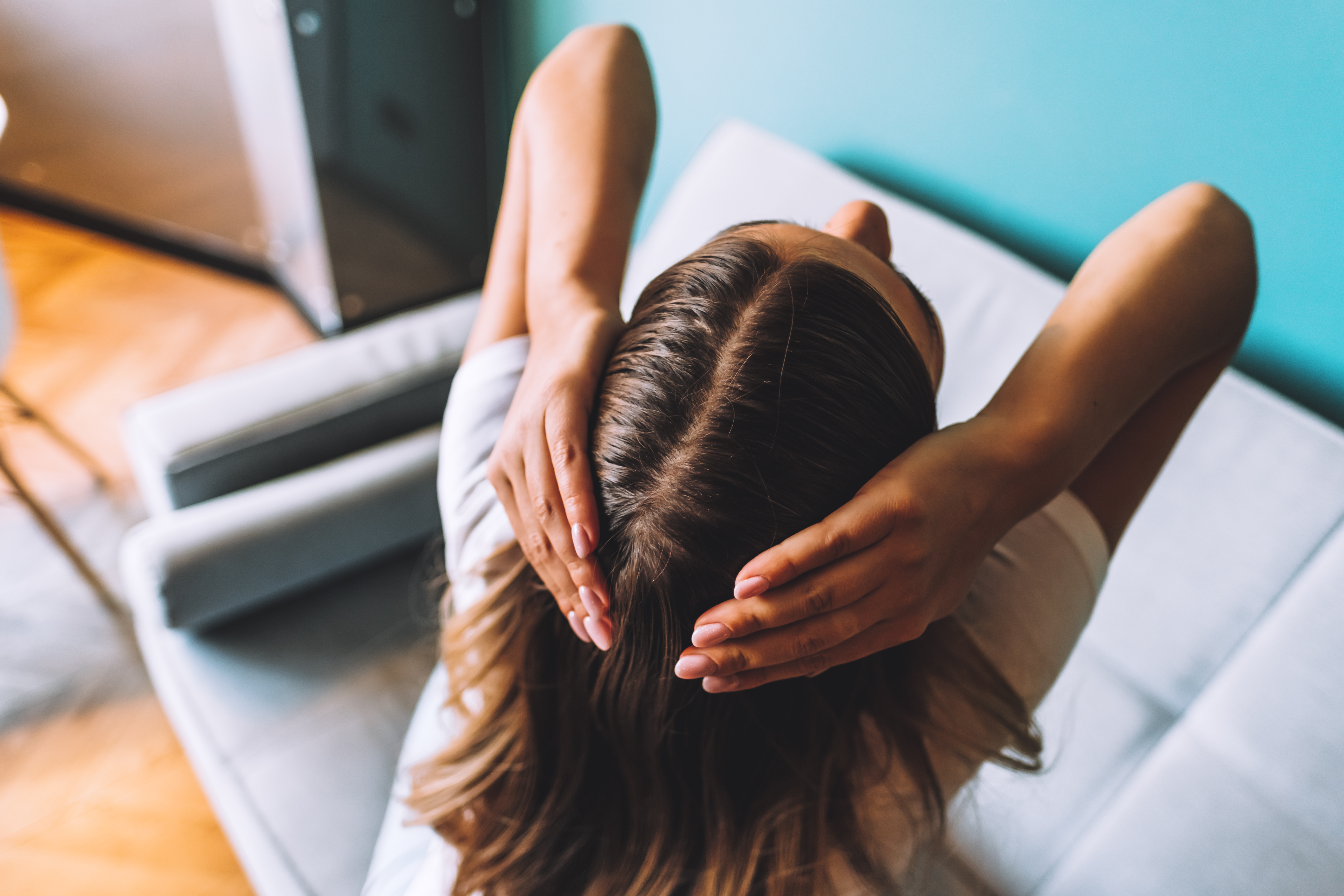Three Little Known Secrets That Transform Your Hair Health
When it comes to hair health, the foundation lies in what we put into our bodies. While many people are aware that a balanced diet is essential for overall well-being, few realize just how profoundly it can impact the health and appearance of their hair. The hair, much like any other part of the body, requires a variety of nutrients to thrive. Proteins, vitamins, and minerals play crucial roles in hair structure and growth. For instance, hair is primarily made of a protein called keratin, which means that adequate protein intake is vital. Foods rich in protein, such as lean meats, fish, eggs, and legumes, are essential for maintaining strong hair.
Moreover, vitamins and minerals are equally important. Biotin, a B-vitamin, has gained popularity in the beauty industry for its role in promoting hair growth and strength. A deficiency in biotin can lead to hair thinning and loss. Other vital nutrients include iron, zinc, and vitamins A, C, and E, which all contribute to a healthy scalp and hair follicles. Additionally, hydration cannot be overstated; water is crucial for maintaining the moisture levels in the hair and scalp. Dehydration can lead to dryness, brittleness, and increased breakage. Therefore, a comprehensive approach to nutrition that emphasizes a colorful array of fruits, vegetables, whole grains, and sufficient water intake is a secret weapon for anyone looking to improve their hair health.
In summary, transforming your hair health begins with the food you consume and the hydration you maintain. A diet rich in essential nutrients not only supports the hair's structural integrity but also fosters a thriving environment for growth. As we delve deeper into this article, we will explore additional secrets that can further enhance your hair health and complement the nutritional foundation discussed here.
The Power of Scalp Care – A Forgotten Essential

While many people focus on the hair strands themselves, the scalp is often overlooked in hair health discussions. However, the scalp is the very foundation from which hair grows, and its health is pivotal to the overall condition of your hair. A clean, well-cared-for scalp promotes healthy hair follicles, which in turn encourages growth and vitality. One of the key secrets to scalp health is regular exfoliation. Just as we exfoliate our skin to remove dead cells and promote renewal, the scalp also benefits from this practice. Exfoliating the scalp can help to remove product buildup, excess oil, and dead skin cells, creating an optimal environment for hair growth.
Another crucial aspect of scalp care is the use of natural oils. Massaging the scalp with oils such as jojoba, coconut, or argan oil can nourish both the scalp and hair follicles. These oils are rich in nutrients and can help to moisturize the scalp, preventing dryness and flakiness. Additionally, scalp massages stimulate blood circulation, which can enhance the delivery of essential nutrients to the hair follicles. This simple yet effective practice can significantly improve hair density and strength over time.
Furthermore, being mindful of the hair products you use is essential. Many commercial shampoos and conditioners contain harsh chemicals that can irritate the scalp, leading to inflammation and hair loss. Opting for sulfate-free, paraben-free products can make a noticeable difference in scalp health. Incorporating natural remedies, such as tea tree oil or apple cider vinegar, can also help maintain a balanced scalp environment. By prioritizing scalp care, you unlock the potential for healthier, more vibrant hair.
